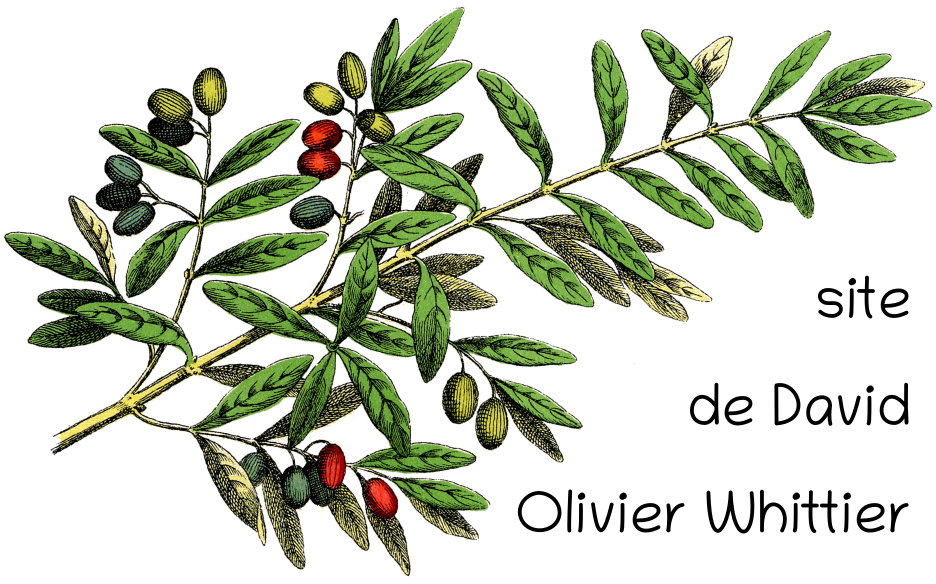This text is the translation of a 2007 entry by Antoine Comiti, «L'abolition comme solution la plus réaliste» on his blog abolitionblog. It is now online also in the English section of his blog, meatabolition.
Translated from French by Mai-wen Wauthy.
Read time: 4 min.
Many animal activists, and I among them, view the abolition of meat as a step towards a progressively less speciesist society (others would rather say «towards the end of all animal exploitation»).
Without renouncing this perspective, there is another (complementary) one that we must develop in order to garner support for the idea of abolition. We must show that abolishing meat is the most realistic solution to what our society already views as serious problems concerning the production of meat.
Indeed, besides ecological issues (pollution...), sanitary ones (zoonosis...) and economic ones (public subsidies...) with meat production, the way animals live – and die – in animal agriculture is itself seen as an important1, and problematic, issue by many people. Thus, husbandry practices – such as encagement, mass rearing in closed buildings, mutilations without pain killers – are already strongly condemned by the public opinion2.
But if refusing to use animal products out of personal conviction is rather well accepted, whenever collective solutions to the above problems are discussed the only approach viewed as pragmatic is the improvement of the conditions in which animals are raised. The implicit theory is that by progressive improvement of these conditions we will eventually come to an acceptable situation for the animals. And that instead, abolishing meat is unrealistic, is simply an utopy.
A challenge for our movement is to prove that what is an utopy is not imagining a meatless society, but to believe that one day we could offer a decent life and a painless death to the over one billion animals killed each year for meat in France.
As the debate about abolition heats up, we will be asked with increasing insistence: «Why should we abolish meat if there are other ways to solve the problems?»
Besides reminding in our answer that the slaughter of animals is itself already a problem, it is our task to question how in practice would it be possible to obtain the hundreds of thousands of tons of meat and the billions of eggs that are produced each year in France, without inflicting on the animals the harm we do to them today? We are to ask how, realistically, a farmer who produces chicken meat from tens of thousands of birds could, whatever good will he or she may have, offer them decent life conditions? How, for example, could this farmer care for the sick animals when time is not enough each day even to set eyes on each of them separately?
To those who explain that abolition is not a realistic solution, but who recognize the problems caused today by meat production, let us ask: how many additional acres will have to be dedicated to animal agriculture? How many thousands of people (or millions?) will have to be paid to care properly for the animals? By how much will, consequently, the price of meat have to be multiplied? And what other costly solutions will have to be implemented? Is our society truly ready to go to such levels of fantasy for a product that is increasingly recognized as unnecessary for a healthy life?
The issue of how realistic the current approach is (solving the problems posed by the production of meat in incremental steps) is hardly ever debated. Indeed:
- Those who produce or eat meat, just as those who work towards improving the way meat is produced, have a strong interest in believing in this solution, for it justifies their activity3.
- On the other hand, among those activists who advocate the abolition of meat, many don't discuss this issue, arguing that there's no legitimacy anyway in killing animals for food (or that any exploitation, even that does not cause suffering, would be unacceptable).
Arguing that, ethically, the meat industry isn't legitimate should not prevent us from showing that that the approach that is proposed today to solve the problems caused by the production of meat are far less realistic than abolition.
1. In a January 2004 survey for the Permanent Assembly of Agricultural Chambers and for the magazine 60 Millions de consommateurs, to the question «Concerning the operating conditions of agriculture, how much importance do you give the issue of animal welfare?», 78% answered «very much». The full results of this survey on a sample of 1002 is available at http://minilien.com/?XiGWdB14tH.
2. Thus, according to an October 1999 survey, 95.2% felt that «In intensive husbandry, animals don't have enough space», and 80.5% that «mutilations are unacceptable». The survey was on a sample of 874 and was ordered by the French association Consommation, Logement et Cadre de Vie (CLCV) with a grant from the French food administration (DGAL). Quoted in Florence Burgat, «La demande concernant le bien-être animal», Le Courrier de l'environnement de l'INRA, #44, October 2001, http://brg.jouy.inra.fr/Internet/Produits/dpenv/burgac44.htm.
3. My point here is not to criticise the generally positive (in my opinion) role played by (non speciesist) campaigns for the improvement of conditions in animal husbandry, campaigns that, in addition to their direct effects on the animals themselves help bringing into the general public's eye the realities of meat production and reminding it that husbandry animals are, just as we are, sentient beings.
